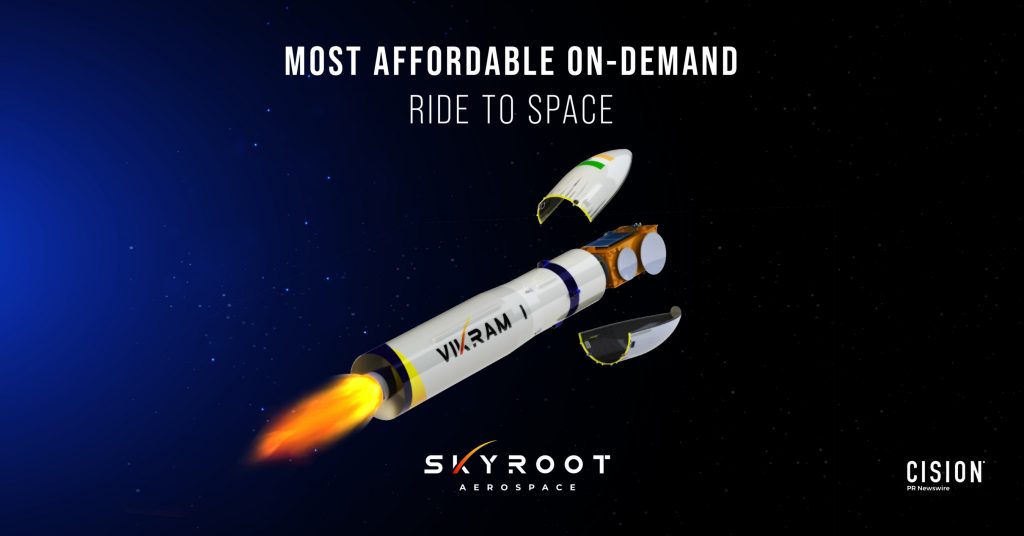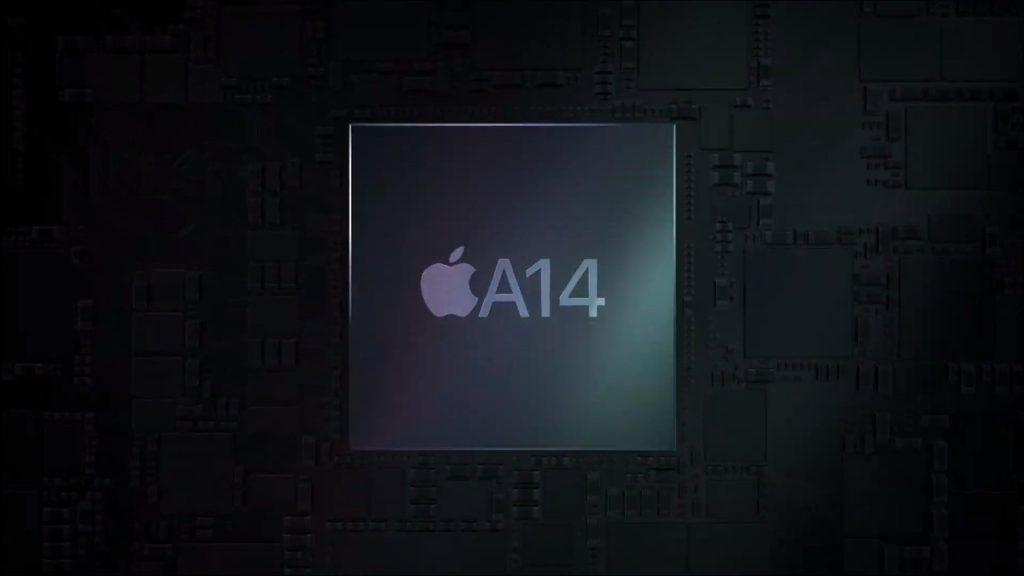 TheTechMedia.com/wp-content/uploads/2022/09/Skyroot_Press_release_image-300×157.jpeg 300w, https://TheTechMedia.com/wp-content/uploads/2022/09/Skyroot_Press_release_image-768×402.jpeg 768w, https://TheTechMedia.com/wp-content/uploads/2022/09/Skyroot_Press_release_image-1536×804.jpeg 1536w, https://TheTechMedia.com/wp-content/uploads/2022/09/Skyroot_Press_release_image-2048×1073.jpeg 2048w, https://TheTechMedia.com/wp-content/uploads/2022/09/Skyroot_Press_release_image-380×200.jpeg 380w, https://TheTechMedia.com/wp-content/uploads/2022/09/Skyroot_Press_release_image-800×419.jpeg 800w, https://TheTechMedia.com/wp-content/uploads/2022/09/Skyroot_Press_release_image-1160×607.jpeg 1160w, https://TheTechMedia.com/wp-content/uploads/2022/09/Skyroot_Press_release_image-scaled.jpeg 2560w” sizes=”(max-width: 1024px) 100vw, 1024px”>
TheTechMedia.com/wp-content/uploads/2022/09/Skyroot_Press_release_image-300×157.jpeg 300w, https://TheTechMedia.com/wp-content/uploads/2022/09/Skyroot_Press_release_image-768×402.jpeg 768w, https://TheTechMedia.com/wp-content/uploads/2022/09/Skyroot_Press_release_image-1536×804.jpeg 1536w, https://TheTechMedia.com/wp-content/uploads/2022/09/Skyroot_Press_release_image-2048×1073.jpeg 2048w, https://TheTechMedia.com/wp-content/uploads/2022/09/Skyroot_Press_release_image-380×200.jpeg 380w, https://TheTechMedia.com/wp-content/uploads/2022/09/Skyroot_Press_release_image-800×419.jpeg 800w, https://TheTechMedia.com/wp-content/uploads/2022/09/Skyroot_Press_release_image-1160×607.jpeg 1160w, https://TheTechMedia.com/wp-content/uploads/2022/09/Skyroot_Press_release_image-scaled.jpeg 2560w” sizes=”(max-width: 1024px) 100vw, 1024px”>Four-year-old spacetech startup Skyroot Aerospace has landed $51 million (nearly ₹403 crores) in its latest funding round, led by GIC (Singapore’s sovereign wealth fund). Investment company LNM India Internet Venture took part in the round as well.
“We are proud to welcome one of the world’s leading institutional investors as a long-term partner in our mission to ‘Open Space for All,’” said Pawan Kumar Chandana, co-founder and CEO of Skyroot.
According to regulatory filings, Skyroot issued 106 equity shares and 1,15,938 Series B compulsory convertible preference shares at an issue price of nearly ₹35,000 each. Post this Series B funding round, Mayank Rawat, Managing Director, GIC India Direct Investment Group, will join Skyroot’s Board.
According to the startup, the fresh amount of funds will be deployed towards building India’s first private space launch vehicles (SLV) and launching heavy payloads into low-Earth orbit.
Chandana said that the initial launches will be funded by the fresh round of capital. It will also be utilized to grow its team while scaling up its infrastructure in order to “meet high launch cadence required by our satellite customers.”
What makes the Series B funding all the more memorable is that it is the largest amount of capital raised by an Indian spacetech player in a single round of funding. For many years, it was ISRO that led India in the space game as it sought to catch up to its Western counterparts. In this, it was aided by the private sector, which grew to be a steady supplier of components and sub-assemblies.
This led to the nurturing of India’s spacetech players – according to a Spacetech Industry report, India came fifth with 368 spacetech players (3.4% in the global arena) as of 2021, ranking ahead of China and Japan. Skyroot, founded by former ISRO engineers Chandana and Naga Bharat Daka, has proved itself to be instrumental in this sector. Last year, it created history by becoming the first private company to successfully ink a deal with ISRO for sharing facilities and expertise.
Operating as a private aerospace manufacturer and commercial launch service provider in the country, the Hyderabad-headquartered startup has been working on its flagship Vikram series of small-life launch vehicles. The first among them, the Vikram 1, is slated to take to the skies by the end of the year and launch small satellites to space.
“We are also planning a demonstrator launch to space this year. This round will help us get to full-fledged commercial satellite launch scale within a year from now. We have started booking payload slots for our upcoming launches,” Daka, who is also Skyroot’s COO, said.





